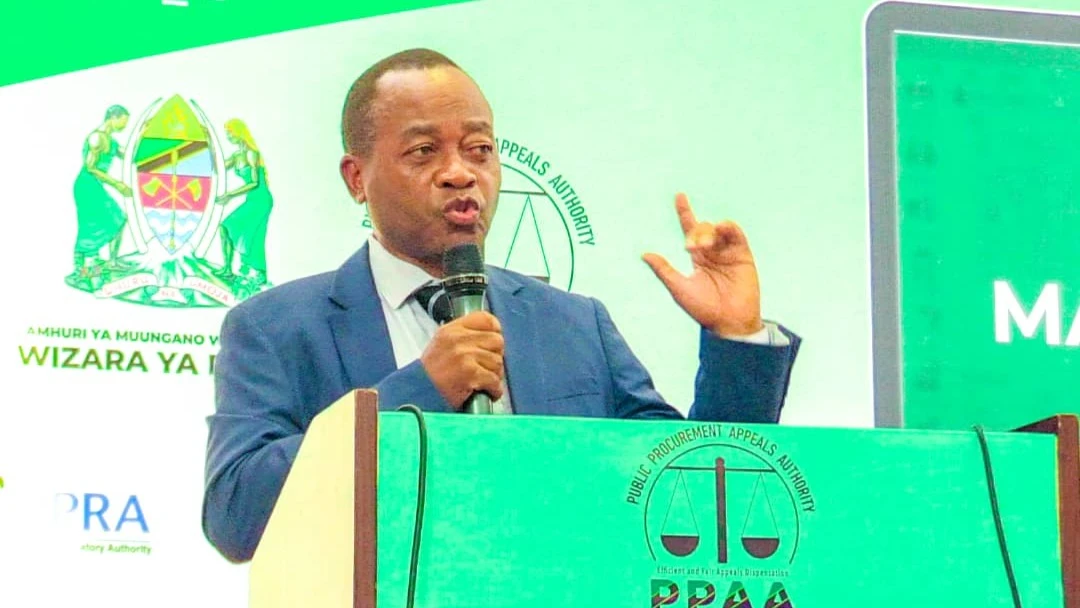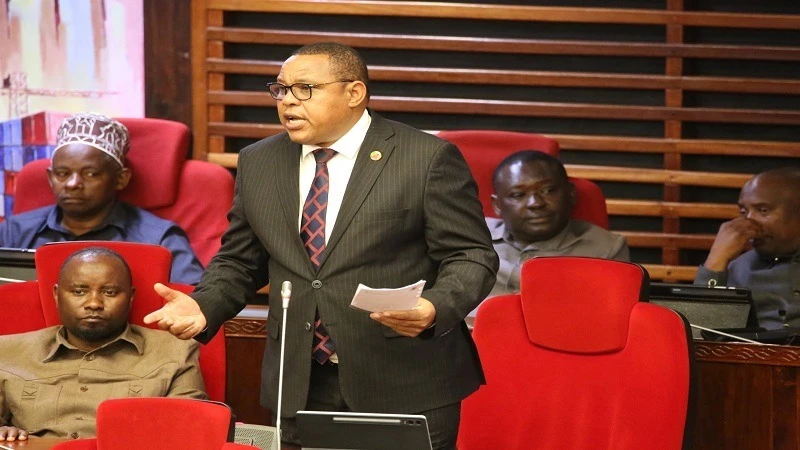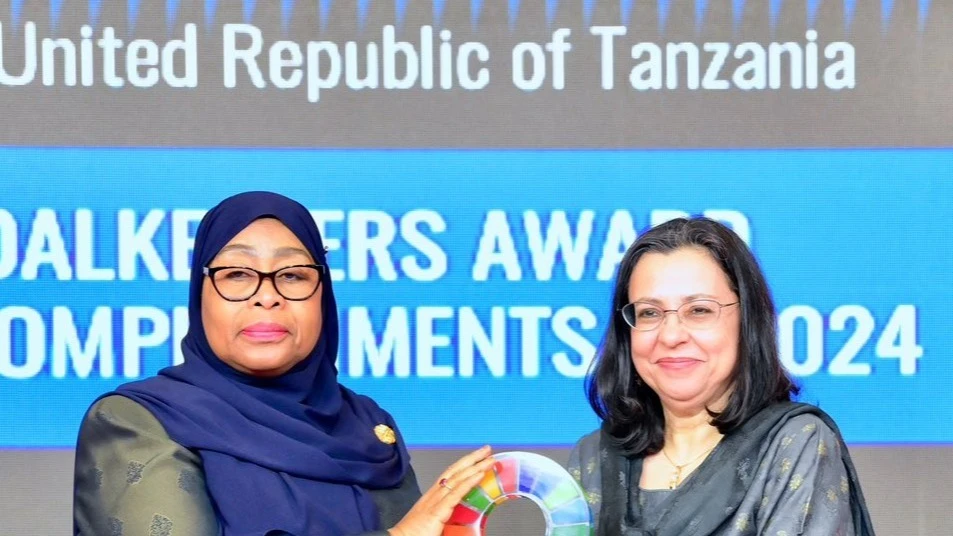African banks urged to adopt pan-African payment system

African financial institutions have been urged to embrace the Pan-African Payment & Settlement System (PAPSS) in a bid to promote cross-border trade transactions.
The system, a centralized financial market infrastructure, was launched in 2022 to enable the efficient and secure flow of money across African borders.
“PAPSS is fully operational and making rapid progress,” its Chief Executive Officer Mike Ogbalu said, at the first Consultative Forum of CEOs of African Banks earlier this week.
Ogbalu described PAPSS as a “revolutionary initiative that has the potential to significantly transform the financial and payments landscape of our continent.”
The 2919 leaders African Union Summit adopted PAPSS as a key instrument for the implementation of the African Continental Free Trade Agreement (AfCFTA).
The following year, the leaders also mandated the AU Commission, AfCFTA Secretariat and African Export-Import Bank (Afreximbank) to introduce and scale up the implementation of the system.
“Our foundation is solid,” Ogbalu said, “the time has come for action and acceleration. It is time to use the system to drive trade in Africa, for Africans, by Africans.”
The system works in collaboration with Africa’s central banks to provide a payment and settlement service to which commercial banks and licensed payment service providers across the region can connect as ‘Participants’.
To date, PAPSS has signed on African Central Banks, and connected over 115 commercial banks, and ten payment switches across the continent.
Another 115 commercial banks are in the pipeline for connection, according to the CEO.
“We urge all banks to join us in our collective effort to promote intra-African trade and development through PAPSS,” he told the Consultative Forum.
The Forum brought together executives of African commercial banks, bankers’ associations, payment switches, the association of African stock exchanges and other financial service providers.
Among other things, participants advocated to leverage PAPSS as a pathway to increasing the share of African currencies in intra-African trade and other cross-border payments.
They also agreed to embed PAPSS into their digital channels to enable ease of access and seamless integration for existing customers.
CEO Ogbalu was “pleased to see overwhelming support of this forum by the leadership of the African financial institutions.”
“We are committed to ensuring it succeeds”, urging “all African financial institutions to join us in transforming the way payments are done in Africa,” he vowed.
The AfCFTA is the world’s largest free trade area bringing together the 55 countries of the African Union (AU) and eight (8) Regional Economic Communities (RECs) to create a single market for the continent.
The aim is to enable the free flow of goods and services across the continent and boost the trading position of Africa in the global market.
As part of its mandate, the AfCFTA is to eliminate trade barriers and boost intra-Africa trade. In particular, it is to advance trade in value-added production across all service sectors of the African Economy.
The AfCFTA will contribute to establishing regional value chains in Africa, enabling investment and job creation. The practical implementation of the AfCFTA has the potential to foster industrialisation, job creation, and investment, thus enhancing the competitiveness of Africa in the medium to long term.
Top Headlines
© 2025 IPPMEDIA.COM. ALL RIGHTS RESERVED

























